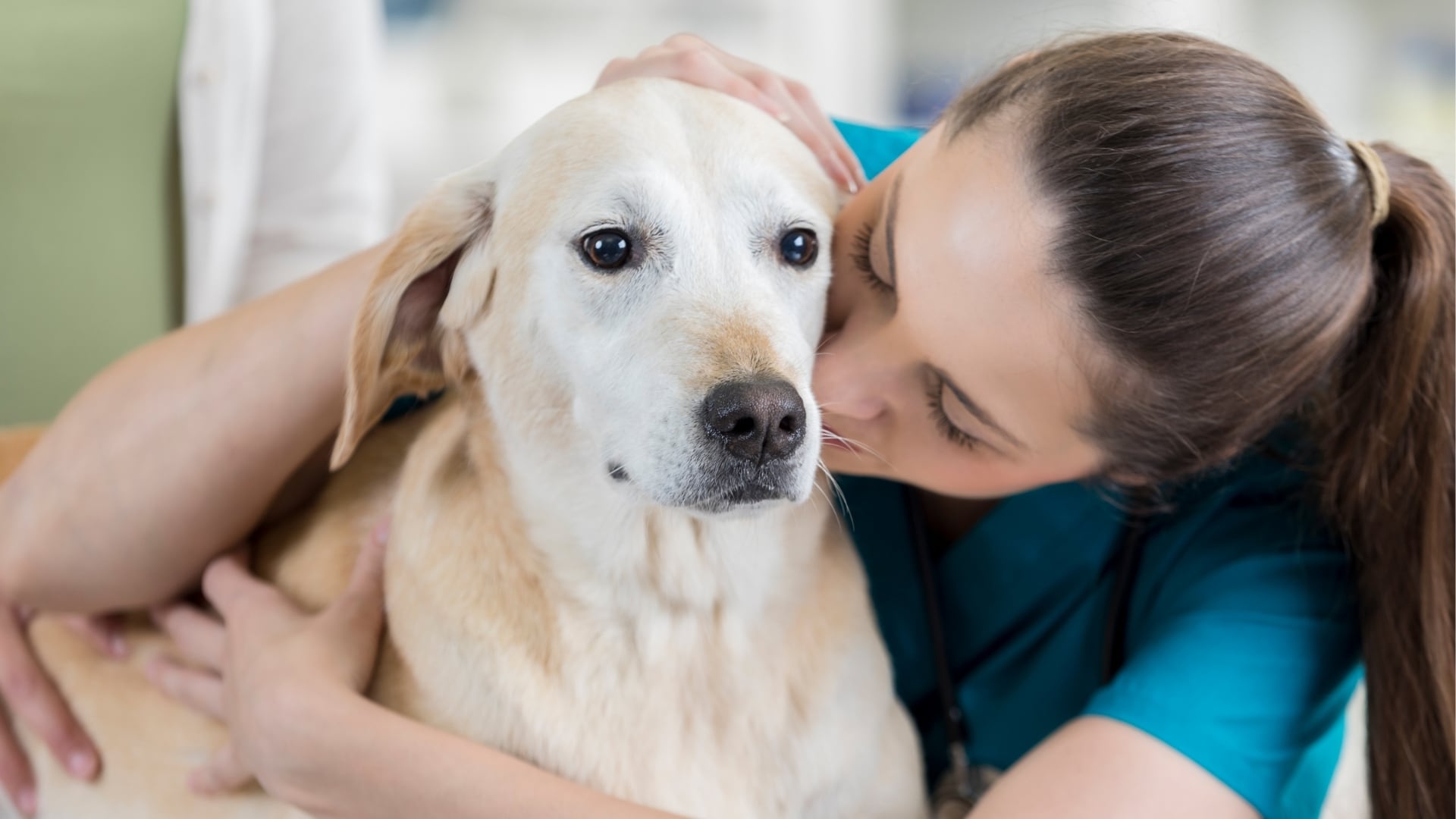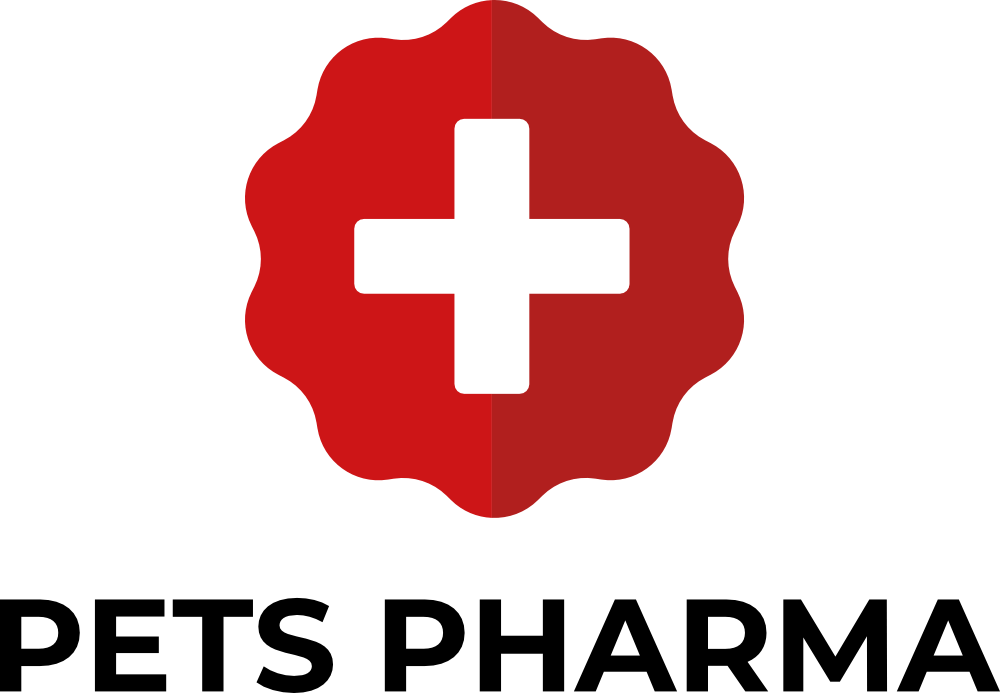What are the most important vitamins for dogs?

The importance of vitamins in a dog’s diet
Vitamins play a key role in a dog’s diet, affecting its health and well-being. Here are the most important vitamins that are essential in a dog’s diet and their importance:
- Vitamin A: It is responsible for the proper functioning of vision, bone development and supports immune and cellular functions. It is present in carrots, eggs and cod liver oil.
- B vitamins: They are crucial for the proper functioning of the nervous and metabolic systems. They also help eliminate free radicals and reduce inflammation.
- Vitamin C: Acts as an antioxidant, supports the body’s regenerative processes, and has antifungal and antibacterial effects.
- Vitamin D: It is important for healthy bones and teeth, and affects the absorption of phosphorus and calcium. Deficiency of this vitamin can lead to skeletal problems.
- Vitamin E: Helps protect cells from oxidative damage through its antioxidant properties.
- Vitamin K: Promotes blood clotting and has antibacterial and antifungal effects.
Feeding your dog the right vitamins is important for its overall health and vitality. However, it is important to remember that an excess of some vitamins, such as vitamin A or calcium, can be harmful. Therefore, it is advisable to consult a veterinarian before introducing supplements into your dog’s diet. The vet will help choose the right supplements to suit your pet’s individual needs, which is especially important for dogs with special health needs or at certain stages of life, such as pregnancy or convalescence.
Fat-soluble vitamins – essential for your dog’s health
Fat-soluble vitamins are crucial to the health of dogs, as they perform vital functions in their bodies. Vitamin A is essential for proper vision function and supports bone development and skin health, also ensuring proper immune system function. Vitamin A deficiency can lead to vision problems and weakened immunity. Vitamin D plays a key role in maintaining healthy bones and teeth by supporting the absorption of calcium and phosphorus, and a deficiency can lead to bone diseases such as rickets. Vitamin E acts as a powerful antioxidant, protecting cells from oxidative damage, also supporting skin and coat health and immune system function. Vitamin K is essential for proper blood clotting and supports bone health, and a deficiency can lead to blood clotting disorders. Because these vitamins are fat-soluble, they can be stored in the dog’s body. For this reason, it is important to avoid an excess of them, which can lead to toxicity.
Providing dogs with adequate amounts of these key vitamins will ensure a long and healthy life. That’s why it’s a good idea to pay attention to your pet’s diet or consider supplementing it with high-quality supplements, such as those offered by the Eloa brand from Pets Pharma P.S.A., which are specially formulated to meet the nutritional needs of dogs.
Key water-soluble vitamins for your dog
Water-soluble vitamins are crucial to the health of dogs because they perform vital functions in their bodies. Among the most important water-soluble vitamins are the B vitamins and vitamin C.
B vitamins:
- Vitamin B1 (Thiamine): Helps regulate energy and carbohydrate metabolism and supports the functioning of the dog’s nervous system.
- Vitamin B2 (Riboflavin): Is essential for energy production and proper cell growth, and supports skin and coat health.
- Vitamin B3 (Niacin): Participates in the conversion of carbohydrates to glucose, the production of macromolecules, DNA repair and the stress response.
- Vitamin B5 (Pantothenic Acid): Supports liver health and improves vision, participating in most metabolic processes.
- Vitamin B6 (Pyridoxine): Helps with hemoglobin production and blood glucose regulation, and supports brain health and the reduction of arthritis symptoms.
- Vitamin B7 (Biotin): Supports the health of a dog’s skin, coat and nails, and is involved in fat and protein metabolism.
- Vitamin B9 (Folic Acid): Plays an important role in amino acid metabolism and mitochondrial protein synthesis.
- Vitamin B12 (Cobalamin): Is essential for the growth and maintenance of nerve cells and blood, as well as for fat and carbohydrate metabolism.
Vitamin C: Although dogs can synthesize vitamin C on their own, it is an important antioxidant that supports the immune system and helps develop and repair body tissues.
Dogs do not store excess water-soluble vitamins, so it is important to ensure their daily intake through a balanced diet. In case of deficiencies or special health needs, it is recommended to consult a veterinarian before starting supplementation.
The Eloa brand from Pets Pharma P.S.A. offers luxury supplements that contain all the water-soluble vitamins needed to keep your dog healthy. With these products, you can easily take care of your pet’s comprehensive nutrition, without the need for complicated diet planning.
Supplements – when are they needed?
Supplementation of dogs is a key part of ensuring their health and well-being, especially during periods when their nutritional needs change. The introduction of dietary supplements may be necessary in a variety of situations, depending on your pet’s age, current health status and specific nutritional requirements.
Young, growing dogs may need additional vitamins and minerals to promote proper bone and muscle development. Older dogs, on the other hand, who often struggle with joint problems and decreased agility, may benefit from supplementation containing ingredients such as glucosamine or chondroitin. For pets with specific health problems, such as skin diseases, allergies or heart disease, specialists may recommend supplements that support treatment and improve the dog’s quality of life.
Feeding fat-soluble vitamins A, D, E and K, as well as water-soluble vitamin C and the B-complex, is especially important if the pet’s diet is unable to fully meet its needs. An improperly balanced diet can lead to deficiencies that negatively affect a dog’s health. Unfortunately, even the best commercial pet foods do not always provide sufficient amounts of these key ingredients, especially when it comes to dogs with special dietary requirements. In such cases, balanced, tailored supplements can play an important role.
Potential dangers of excess vitamins
Although vitamins are essential for the health and well-being of our four-legged friends, excess vitamins can lead to serious health problems, especially in the case of fat-soluble vitamins such as vitamins A, D, E and K, which can accumulate in the body.
Vitamin A: Excess of this vitamin can lead to changes in the skeletal system, stunted growth and deterioration of a dog’s skin and coat. It can also cause dehydration and joint problems.
Vitamin D: Too much vitamin D can lead to acute or chronic poisoning. Symptoms include diarrhea, vomiting, lethargy and more serious skeletal problems such as rickets.
Vitamin E: Although excess vitamin E is rare, it can cause digestive disorders, weakness and fatigue. In most cases, excess of this vitamin is excreted from the body.
VitaminK: Excess vitamin K can affect blood clotting and skeletal function, but the specific effects of excess are less well known than for other fat-soluble vitamins.
Feeding your dog too many vitamins can lead to an accumulation of these substances in the body, which negatively affects your pet’s health, including the nervous system, heart, liver and kidneys. Therefore, it is important that your dog’s diet be properly balanced and tailored to his individual needs.
Sample diet plans rich in key vitamins
Sample diet plans for dogs that provide a wealth of key vitamins can range from ready-made commercial foods to homemade diets. Here are some suggestions for ingredients you can include in your dog’s diet to ensure he gets the right amount of vitamins:
Commercial dog food
Most high-quality commercial dog foods are labeled „complete and balanced,” meaning they contain all the necessary vitamins and minerals in the right proportions. Such foods are tailored to different stages of a dog’s life, such as puppies, adult dogs and seniors, to meet specific nutritional needs at each stage of life.
Homemade diet
If you decide to prepare meals for your dog at home, it is important to make sure the diet is balanced and contains all the necessary vitamins. Here are some examples of ingredients rich in key vitamins:
- Vitamin A: Liver, fish oil (such as cod liver oil), carrots and yams are excellent sources of vitamin A.
- B vitamins: Meat (such as beef and chicken), fish, eggs and whole grain products are rich in B vitamins.
- Vitamin C: Although dogs can synthesize vitamin C on their own, fruits and vegetables such as broccoli and spinach can be additional sources of this vitamin.
- VitaminD: Fatty fish (such as salmon), fish oils and egg yolks provide vitamin D.
- VitaminE: Vegetable oils, nuts and seeds and green leafy vegetables are good sources of vitamin E.
- VitaminK: Green leafy vegetables, such as spinach and cabbage, and liver are rich in vitamin K.
When composing a homemade diet, it is a good idea to consult a veterinarian or pet nutritionist to make sure the diet meets all of your dog’s nutritional needs and does not lead to vitamin deficiencies or excesses.
See also

How to monitor the effectiveness of supplementation?
Recognizing health signals: The first signs of improvement Monitoring the effectiveness of supplementation in dogs is a key part of caring…

Can different supplements be combined?
Understanding your dog’s nutritional needs Understanding your dog’s nutritional needs is important to ensure your dog’s health and well-being each breed,…
